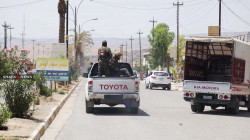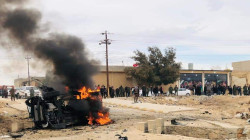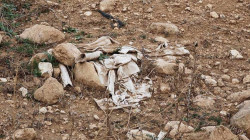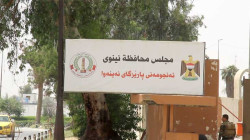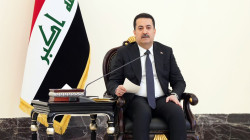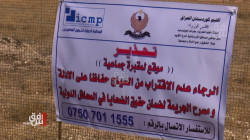Sinjar residents reject visits by government delegations
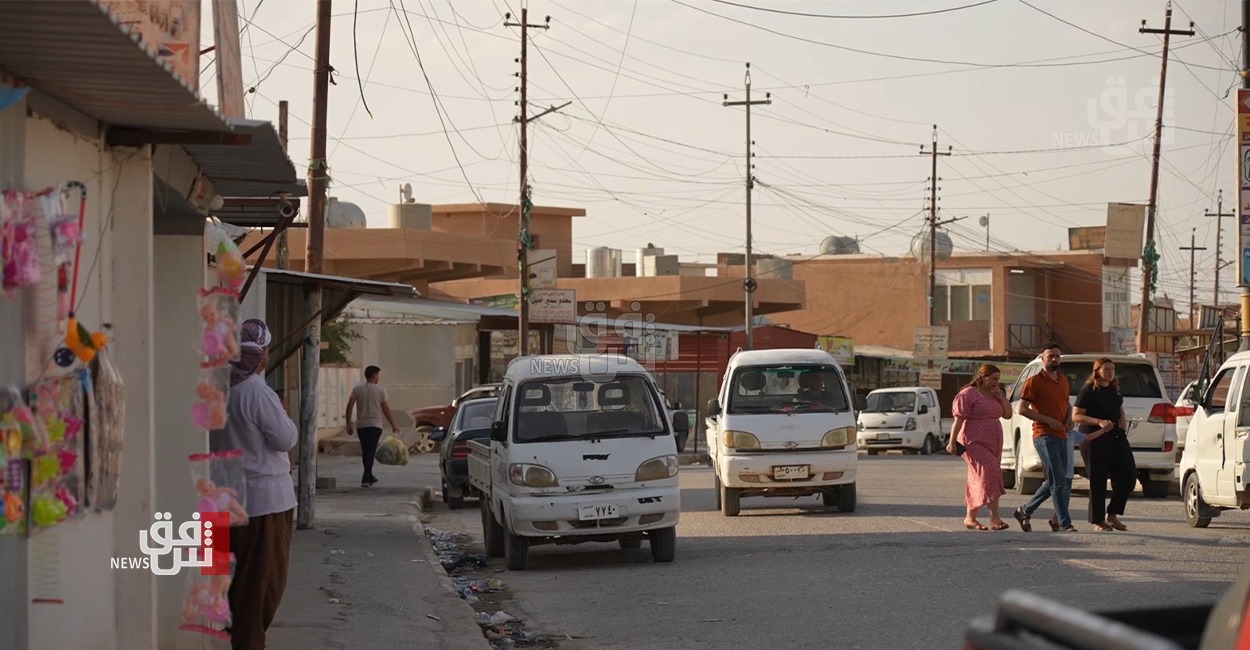
Shafaq News / A local official in Sinjar district, Nineveh, revealed on Wednesday that the residents of the district “do not welcome” any governmental delegation visits due to the deterioration of services and the unstable security situation without finding solutions for them, confirming that the Ministry of Migration and Displacement has not fulfilled its promises to the displaced.
The director of the Sinuni subdistrict Khudida Choqi told Shafaq News Agency, "The Iraqi government failed to appoint a Kaimakam or an administrator in Sinjar, and the concerned authorities can only deploy military and security forces in the district."
Choqi pointed out that "the Ministry of Migration and Displacement has not provided any financial assistance to the families returning from displacement camps to Sinjar despite its promises to provide a grant of four million Iraqi dinars to returnees," indicating that "the percentage of returnees from displacement camps to Sinjar ranges between 40 to 45%."
He noted that "the return process of the displaced is currently halted, and we hope it will start by the end of June according to the statements of the Iraqi government, which previously announced the closure of displacement camps in the Kurdistan Region at that time."
Sinjar, located in Iraq's Nineveh governorate, has been a focal point of conflict and displacement due to the presence of various armed groups and the complex ethno-religious dynamics of the region.
The area, home to a significant Yazidi population, faced a genocide by ISIS in 2014, resulting in mass displacement and atrocities.
Since then, efforts to stabilize Sinjar and facilitate the return of displaced Yazidis have been challenging, with issues including security concerns, political tensions, and the presence of different armed factions vying for control.
Despite liberation from ISIS, Sinjar remains politically and militarily contested, complicating reconstruction and reconciliation efforts.
